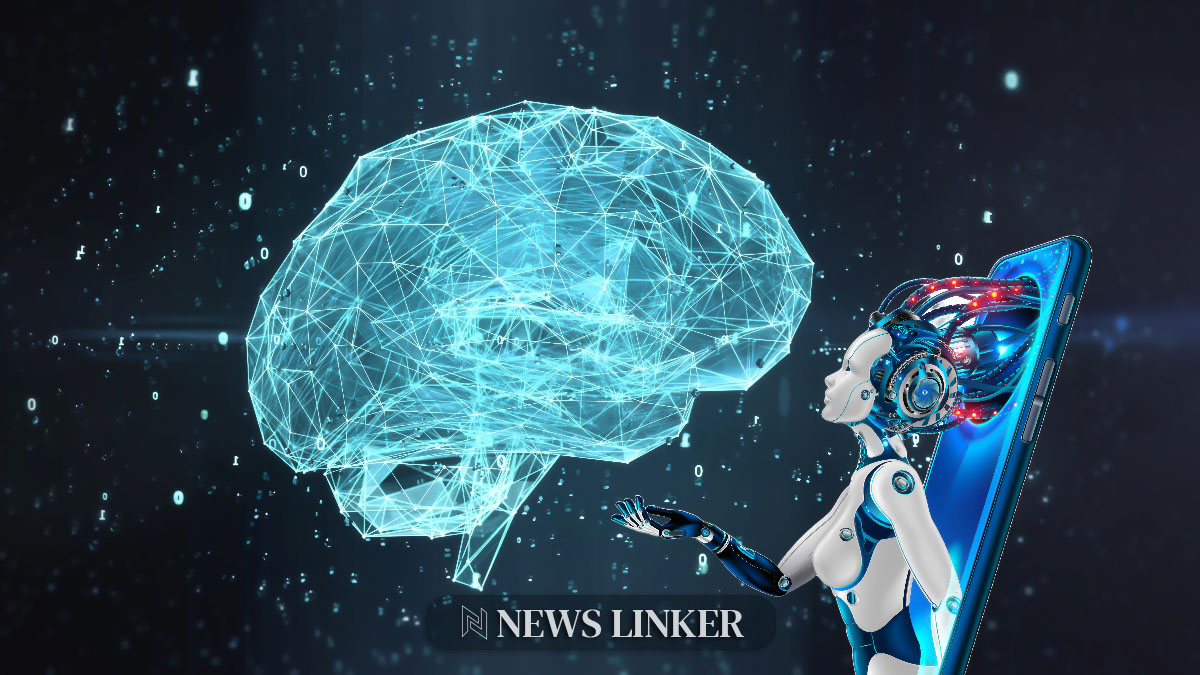In medical research, the advent of TWIN-GPT signifies a transformative leap in clinical trial optimization, addressing long-standing challenges of cost, duration, and participant recruitment. This innovative methodology employs the extensive medical knowledge encapsulated within the large language model (LLM) ChatGPT to generate personalized digital twins, revolutionizing the field by allowing for more precise outcome predictions and tailored patient treatments.
Historical approaches to patient outcome predictions have relied heavily on electronic health records (EHRs), with machine learning methods such as decision trees and support vector machines offering some utility. Yet, these techniques often fell short in capturing the intricate variations of patient data. Despite this, researchers have continually sought refined methods to bridge the gap between broad datasets and individual patient nuances, leading to the emergence of more sophisticated algorithms and predictive models.
What Is TWIN-GPT’s Methodology?
The TWIN-GPT approach, developed by scholars at Zhejiang University, Stanford University, and Shanghai University, applies fine-tuning to pre-trained ChatGPT models using clinical trial datasets, exemplified by its application to a Phase III breast cancer trial dataset. By processing EHRs to simulate medical scenarios for each patient, it structures prompt tasks to predict medical events, crafting digital twins that mirror each patient’s unique conditions and responses. This personalized healthcare prediction is grounded in authentic clinical data and harnessed through the efficient use of LLMs.
How Effective Is TWIN-GPT in Simulating Outcomes?
The efficacy of TWIN-GPT in clinical trial simulations is noteworthy. It attained an AUROC score of 0.821 in forecasting severe outcomes, closely rivaling real-data predictions. Furthermore, the method’s commitment to privacy is evident in its advanced data anonymization techniques, synthesizing digital twins while maintaining a low risk of privacy breaches, as indicated by a sensitivity score of around 20%.
What Scientific Evidence Supports TWIN-GPT?
From a scientific standpoint, a related study published in the Journal “Nature Medicine” titled “Personalized machine learning of depressed mood using wearables” illustrates the feasibility of personalizing healthcare through predictive models and patient data. Aligning with the principles of TWIN-GPT, this research demonstrates how machine learning can be fine-tuned to an individual’s physiological data to anticipate health outcomes, supporting the potential of LLMs in advancing personalized medicine.
Useful Information for the Reader:
- TWIN-GPT uses ChatGPT to create personalized health predictions.
- The model is fine-tuned with actual clinical trial data.
- It prioritizes patient privacy through advanced data processing.
TWIN-GPT emerges as a pivotal advancement in the medical field, offering a novel strategy for enhancing clinical trial accuracy and personalizing patient care. By leveraging the capabilities of LLMs to simulate patient conditions and predict treatment outcomes, TWIN-GPT paves the way for more efficient clinical research and the development of custom-tailored health interventions.










